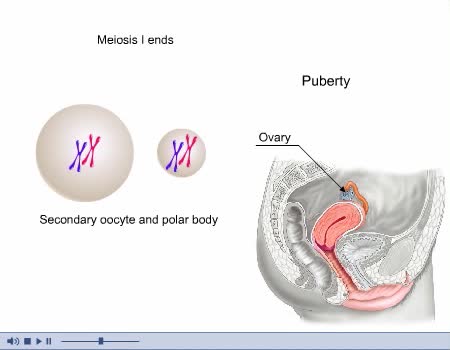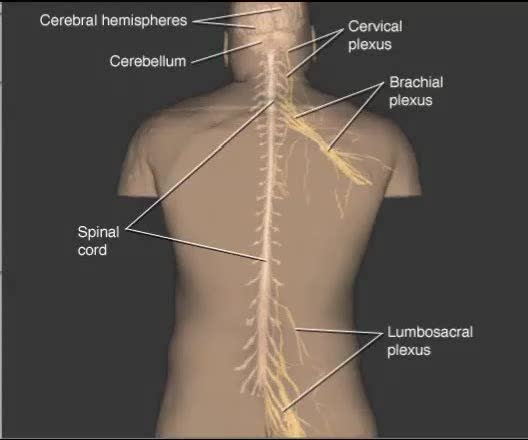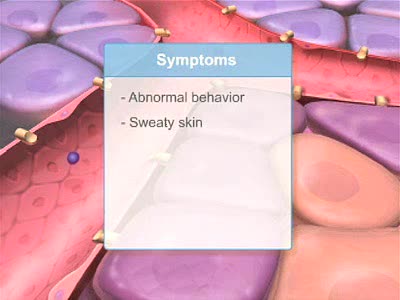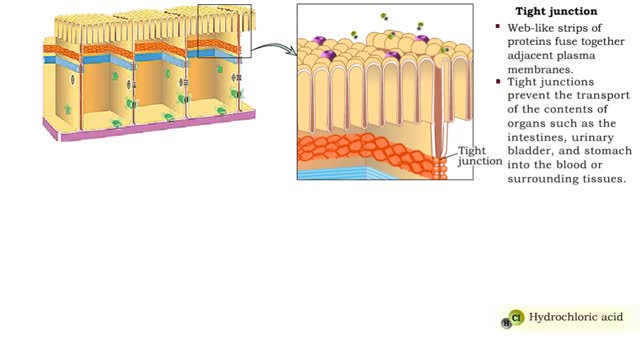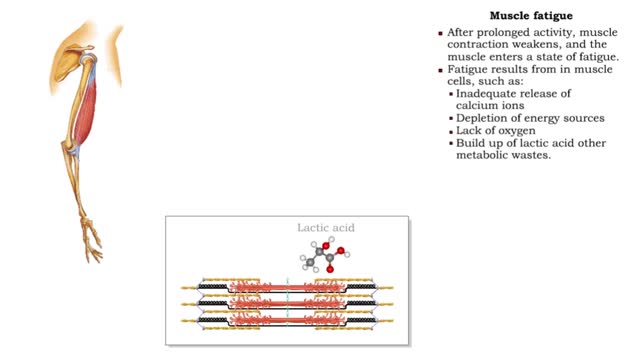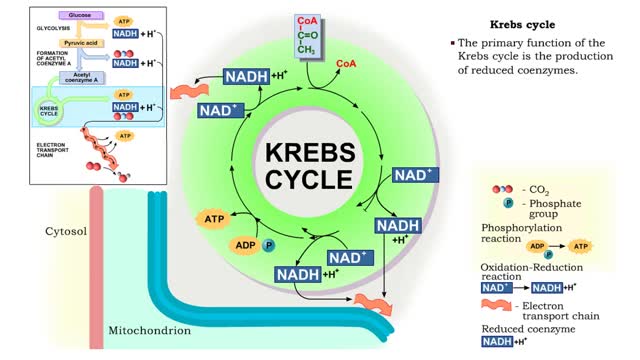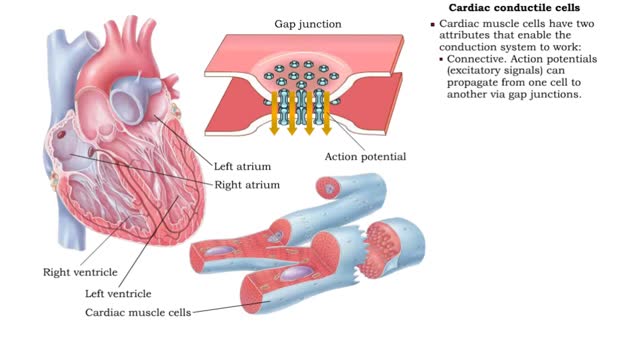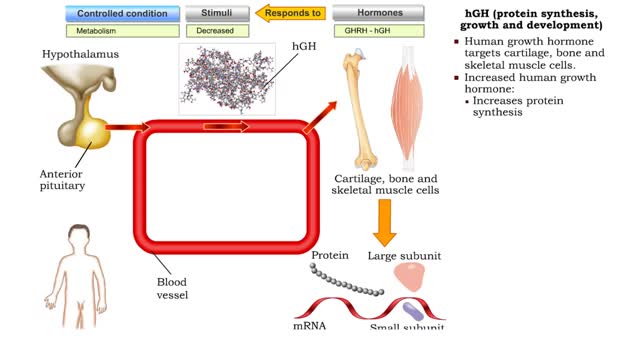Search Results
Results for: 'plant cell wall'
By: Administrator, Views: 14220
Located on either side of the uterus, ovaries are almond-shaped organs attached to the uterus by the ovarian ligament and lie close to the fimbriae of the fallopian tubes. The anterior border of each ovary is connected to the posterior layer of the broad ligament by the mesovarium (portion of th...
Components of the Nervous System
By: Administrator, Views: 539
The nervous system is the part of an animal that coordinates its actions by transmitting signals to and from different parts of its body. The nervous system detects environmental changes that impact the body, then works in tandem with the endocrine system to respond to such events. Nervous tissue...
By: Administrator, Views: 14241
Hyposecretion or inadequate use of insulin may result in diabetes mellitus (DM). Hypersecretion of insulin may result in hyperinsulinism. Diabetes mellitus is the most common endocrine system disorder of childhood. Symptoms include: Polyuria Polydipsia Polyphagia Management of DM durin...
By: Administrator, Views: 15295
The islets of Langerhans are composed of three major types of cells: Alpha cells secrete glucagon, elevating blood sugar. Beta cells secrete insulin, maintaining normal blood sugar. Delta cells secrete somatostatin, which suppresses release of glucagon and insulin. Hyposecretion or inadequa...
Junction Types - Tight and Adherens Junctions
By: HWC, Views: 11451
Many tissues contain in tercellular junctions between cells. 1. Tight junction 2. Adherens junction 3. Desmosome 4. Hemidesrnosome 5. Gap junction 1. Tight junction • Web-like strips of proteins fuse together adjacent plasma membranes. • Tight junctions prevent the transport...
By: HWC, Views: 10750
• After prolonged activity, muscle contraction weakens, and the muscle enters a state of fatigue. • Fatigue results from in muscle cells, such as: • Inadequate release of calcium ions • Depletion of energy sources • Lack of oxygen • Build up of lactic acid other metabolic w...
Krebs cycle : Formation of acetyl coenzyme A and Electron transport chain
By: HWC, Views: 11238
The oxidation of glucose to produce ATP is cellular respiration. Four sets of reactions are involved: Glycolysis Formation of acetyl coenzyme A Krebs cycle reactions Electron transport chain reactions • The second pathway of glucose catabolism, formation of acetyl coenzyme A, is a transi...
By: HWC, Views: 11187
• In order for the heart to function properly, all of its cells must contract in a specific sequence. This sequence is determined by a pathway known as the conduction system. • Cardiac muscle cells have two attributes that enable the conduction system to work: • Connective. Action pot...
hGH (protein synthesis, growth and development)
By: HWC, Views: 11466
• Increased GHRH, a hypothalamic releasing hormone stimulated by low blood glucose, physical exertion, and increased sympathetic stimulation, stimulates the production of human growth hormone (hGH) from the somatotrophic cells of the anterior pituitary. • Human growth hormone targets cartil...
Advertisement



